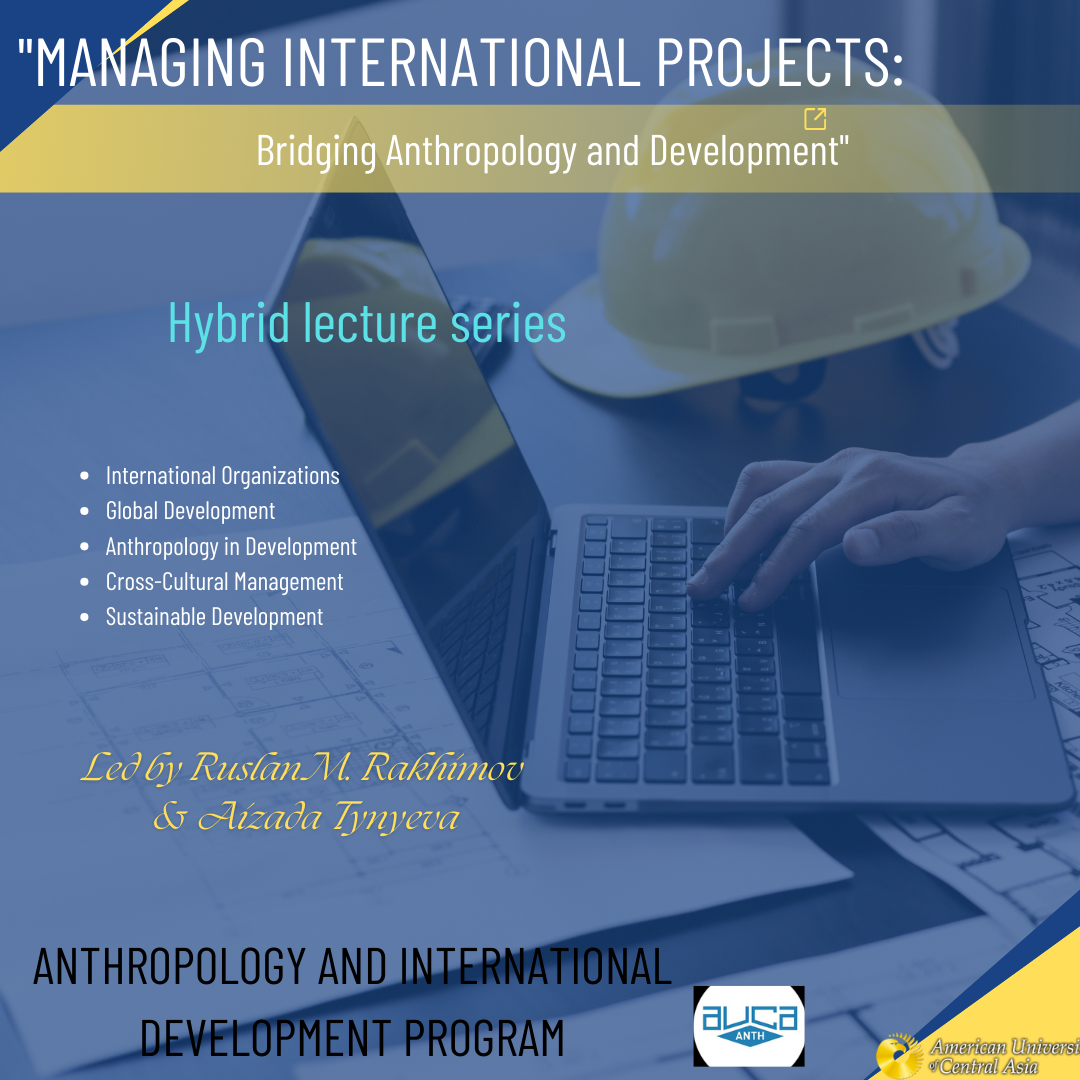- Teachers: Ayse Cavdar
Course description
In this course, we will examine religion/dîn and spirituality as historically contingent and culturally produced categories rather than fixed or universal phenomena. Instead of working with a single definition of religion/dîn and spirituality, we will explore how these concepts and institutions have been formed, translated, contested, and reconfigured across various historical, political, and cultural contexts.
Reading anthropological, historical, and philosophical texts, we will foreground the instability of these categories and emphasize that any scholarly engagement with religion/dîn or spirituality necessarily entails taking a conceptual and methodological position and incurring risks.
- Teachers: Ayse Cavdar
- Teachers: Ruslan Rahimov
- Teachers: Kanat Sultanaliev

